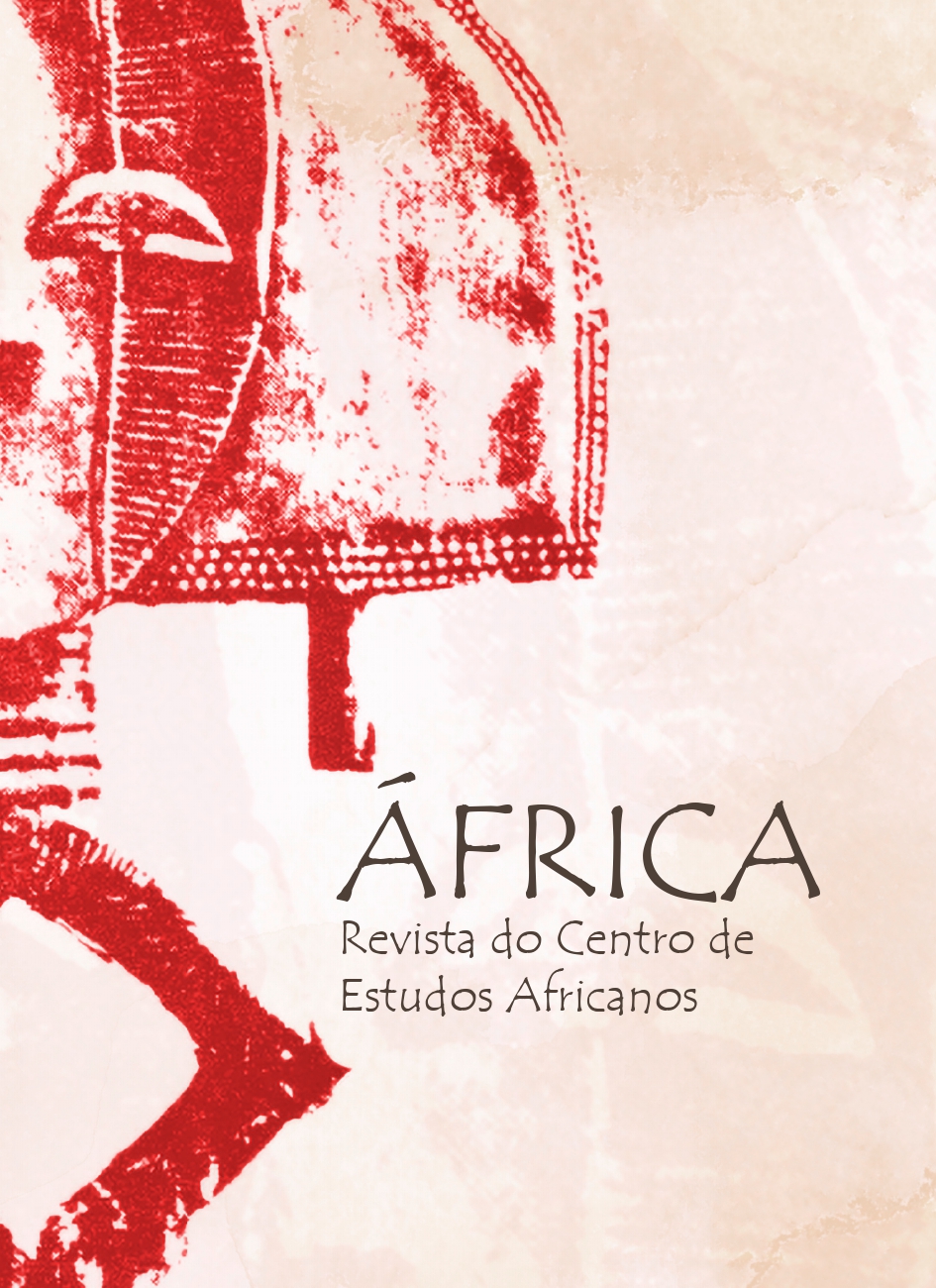Fears, Deaths, Mourning, and Burials in Times of COVID-19 Pandemic in Nigeria
DOI:
https://doi.org/10.11606/issn.2526-303X.i43pe203137Palabras clave:
Africa, Fear, Death, Nigeria, COVID-19Resumen
Extant studies on deaths in Nigeria have been conducted without much critical focus on how the public responded to emergency politics or the government’s interventions during pandemics. Fundamentally, this is the gap this research aims to fill. This study focuses on pain events, grieves, and mourning following COVID-19-related deaths. Thus, this study analyzes the intersections between COVID-19 and death discourse by exposing and interrogating the variances, ambiguities, ambivalences, corollaries, and paradoxes amid convoluted public health conversations. This research employed both primary and secondary sources. Primary sources include African beliefs, newspapers reports of past and current pandemics, and radio, television, and social media narratives. Secondary sources include reviews of existing literature on deaths and pandemics. Historical analysis is used in this study, identifying two categories of dead bodies created during the COVID-19 pandemic. The first category is Pandemic Dead Bodies (PDBs) and the second category is Non-Pandemic Dead Bodies (NPDBs). Many concomitants characterizing Pandemic Dead Bodies including stigmatization, apathy, otherization, ambiguities, genderization, demographication, politicization, contestations, and weaponization are interrogated from socio-historical perspectives. Heightening the stress of grieving families are issues around deaths, as burials are postponed or held within the restrictions of National Centre for Disease Control (NCDC) COVID-19 protocols, often with the presence of limited family members of the deceased. Thus, the pains and grieves are not just about the loss of loved ones, but the inability to give them a befitting burial, since Nigerians love to celebrate the liminality of their loved ones into eternity. Likewise, anticipatory grief became more accentuated and aggravated in Nigeria regarding the manner of announcing the demise of some popular politicians who died of COVID-19. Fundamentally, these problematic encumbrances, nuances, and intrigues concerning deaths during the COVID-19 pandemic are historicized. This study concludes that pains, grief, sorrow, death, and burial are historically constituted and configured regarding social, economic, political, cultural, and environmental interactions.
Descargas
Referencias
AWOLALU, Omosade.; DOPAMU, Adelumo. West African Tradition Religion. lbadan: Macmillan Nigeria, 2005.
BOURKE, Joanna. Fear: A Cultural History. London: Virago, 2005.
DOPAMU, Ade.. Change and Continuity: The Yoruba Belief in Life after Death. A paper prepared for Continuity and Change: Perspectives on Science and Religion, June 3-7, 2006. Philadelphia:, 2006. Disponível em: https://www.obafemio.com/uploads/5/1/4/2/5142021/dopamu-lifeafter_death.pdf. Acesso em: 6 mar. 2023.
DREWAL, Margaret. "Yoruba Ritual: Performer, Plays and Agency. African Systems of Thought. Bloomington: Indiana University Press, 1992.
IDOWU, Bolaji. (1994). Olodumare: God in Yoruba Belief.
Iwe Irohin: Abbeokuta, 20 April 1867, p3
MARBOT, Olivier Coronavirus Africa map: Which countries are most at risk? The African Report, 23 Apr. 2020. Disponível em: https://www.theafricareport.com/23948/coronavirus-africa-which-countries-are-most-at-risk/
NIGERIA CENTER FOR DISEASE CONTROL, "100 Days of Nigeria COVID-19 Response", Nigeria Centre for Disease Control and Prevention, 25 Jul. 2020. Disponível em: https://ncdc.gov.ng/news/253/100-days-of-nigeria-covid-19-response#:~:text=On%20the%2027th%20of%20February%202020%2C%20Nigeria%20confirmed,3%2C696%20people%20have%20been%20treated%20and%20discharged%20successfully
OKPETU, Emmanuel et al. “Implementing Prevention Interventions for Non-Communicable Diseases within the Primary Health Care System in the Federal Capital Territory, Nigeria”. Journal of Community Medicine and Primary Health Care, Benin City, v. 30, n. 1-18, 2018.
OLUDAYO, Tade. “Nigeria’s Tradition of Matching Outfits at Events has a Downside”. The Conversation, Melbourne, 9 Feb. 2020. Disponível em: https://theconversation.com/nigerias-tradition-of-matching-outfits-at-events-has-a-downside-131235. Acesso em: 6 mar. 2023.
OLUWASEGUN, Jimoh. Mufutau. “Managing Epidemic: The British Approach to 1918-1919 Influenza in Lagos”. Journal of Asian and African Studies, Thousand Oaks, CA, v. 52, n. 4, p. 412-424, 2017.
ROBERTSON, Roland. Sociology of Religion. Harmondsworth: PensuinX, 1969.
SMITH, Daniel, Jordan. “Burials and Belonging in Nigeria: Rural-Urban Relations and Social Inequality in a Contemporary African Ritual”. American Anthropologist, Hoboken, NJ, v. 106, n. 3, p. 569-579, 2004.
SOBOWALE, Rasheed. “Nigerian Deaths from COVID-19 Second-Highest in West Africa”. Vanguard, Lagos, 23 Apr. 2020. Disponível em: https://www.vanguardngr.com/2020/04/nigerian-deaths-from-covid-19-second-highest-in-west-africa/. Acesso em: 6 mar. 2023.
UNITED NATIONS DEVELOPMENT PROGRAM. The COVID-19 Pandemic in Nigeria: Potential Impact of Lockdown Policies on Poverty and Well-being: Brief 3. Nigeria: UNDP, 2020.
Descargas
Publicado
Número
Sección
Licencia
Derechos de autor 2022 Sesan Michael Johnson

Esta obra está bajo una licencia internacional Creative Commons Atribución-NoComercial-CompartirIgual 4.0.
A reprodução de qualquer dado, mesmo em resumo, de matéria contida nesta publicação, só será permitida com a citação do nome, número e o ano desta revista.




